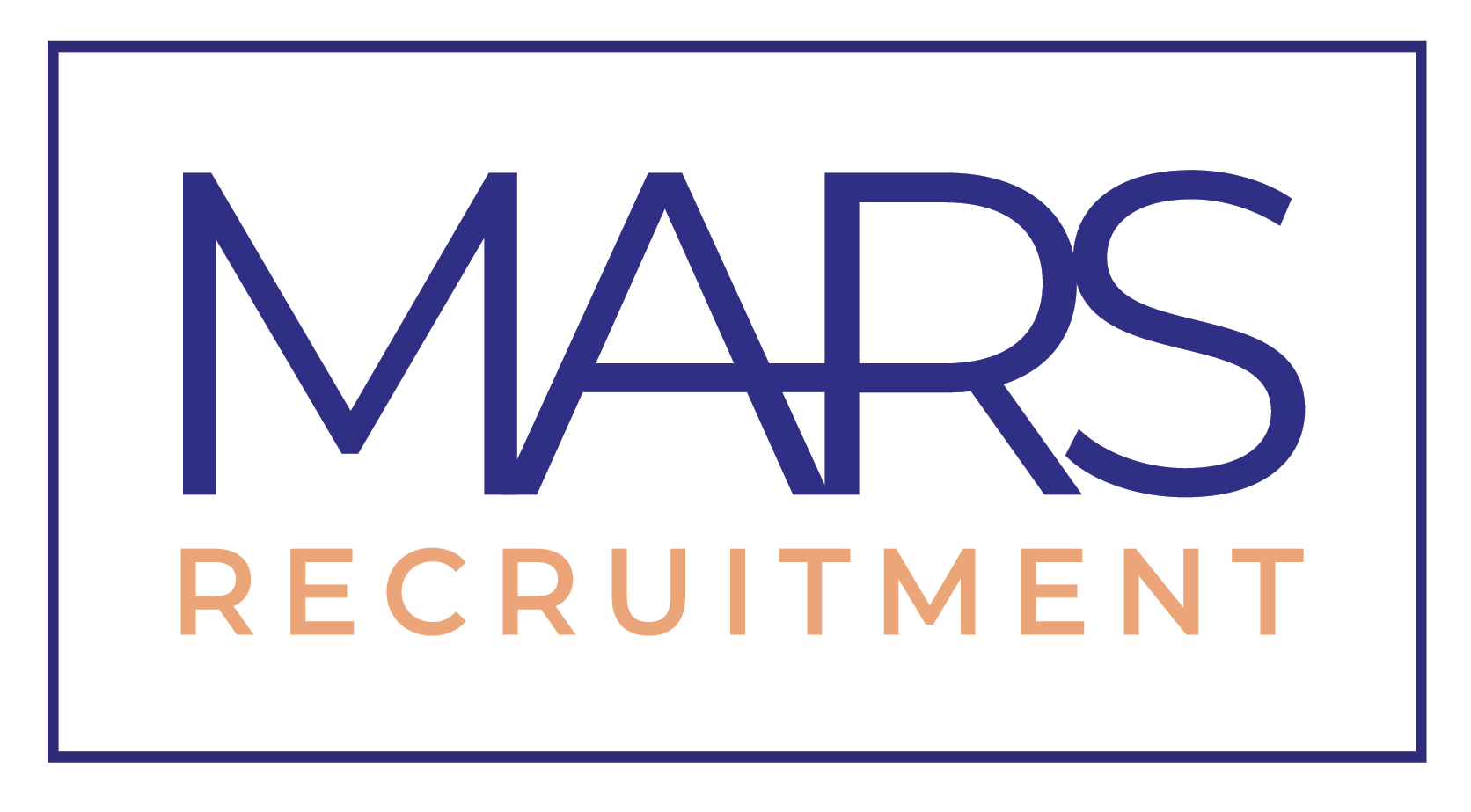Recent policy shifts have sparked significant concern over the rollback of diversity, equity, and inclusion (DEI) initiatives. These changes have raised alarms about the potential negative impact on workforce diversity and the long-term benefits that inclusive hiring practices bring to organisations. Forward-thinking companies recognise that building a diverse workforce is not only the ethical choice – it’s a strategic imperative that drives innovation, performance, and sustainable growth.
A diverse workforce brings together individuals with a wide range of experiences, perspectives, and ideas. This mix can lead to more creative problem-solving and better decision-making processes. Research consistently shows that companies with diverse teams often outperform their competitors, thanks to improved innovation, enhanced customer insights, and a broader ability to tap into new markets. In today’s competitive global economy, fostering diversity is more than a moral imperative -it’s a business strategy.
For employers looking to implement inclusive hiring practices, here are some practical steps to consider:
1. Review and Revise Job Descriptions
Start by ensuring that your job descriptions are inclusive and free from biased language. Remove gender-coded terms and jargon that may inadvertently discourage certain groups from applying. Emphasise the value of diverse experiences and skills, and highlight your company’s commitment to creating an inclusive work environment.
2. Provide Bias Training for Hiring Managers
Implicit bias can creep into the recruitment process without even realisation. By offering regular training sessions for hiring managers and interview panels, you can raise awareness of unconscious biases and equip your team with strategies to mitigate them. This training helps ensure that candidates are assessed on their skills and potential, rather than preconceived notions.
3. Establish Diverse Interview Panels
Involving a range of perspectives in the hiring process can lead to more balanced decision-making. Assemble diverse interview panels that represent different backgrounds, experiences, and departments within your organisation. This not only improves the fairness of candidate evaluations but also signals to applicants that your company values diversity.
4. Expand Your Recruitment Channels
To attract a wider pool of candidates, consider expanding your recruitment channels beyond traditional job boards. Partner with diversity-focused job sites, attend career fairs targeting underrepresented groups, and build relationships with educational institutions and professional organisations that champion diversity. These initiatives help ensure you’re reaching candidates from various backgrounds and experiences.
5. Implement Structured and Objective Assessment Tools
Adopting objective assessment tools, such as skills tests, case studies, or structured interviews, can minimise the risk of bias in candidate selection. Standardising the evaluation process ensures that every applicant is judged against the same criteria, leading to fairer hiring outcomes.
6. Monitor and Measure Diversity Outcomes
Establish metrics to track the success of your diversity and inclusion initiatives. Regularly review the composition of your candidate pool and new hires, and solicit feedback from applicants about their recruitment experience. These insights can help you continuously refine your strategies and hold your organisation accountable to its DEI goals.
By implementing these practices, businesses can not only build more diverse teams but also foster a culture of inclusion that drives long-term success. At MARS Recruitment, we firmly believe that a commitment to diversity and inclusion is integral to creating high-performing, innovative workplaces. In an ever-evolving job market, inclusive hiring practices are essential for staying competitive and achieving sustainable growth.
Whether you’re an employer looking to refine your recruitment strategy or a job seeker eager to join an inclusive organisation, the benefits of diversity in the workplace are clear. Now is the time to invest in a recruitment approach that values every candidate’s unique contribution and sets your business up for future success.
[DISCLAIMER] The information provided in this article is for general, informational purposes only and should not be construed as professional advice. Individuals are encouraged to seek guidance from qualified career coaches or advisors when navigating career transitions.



